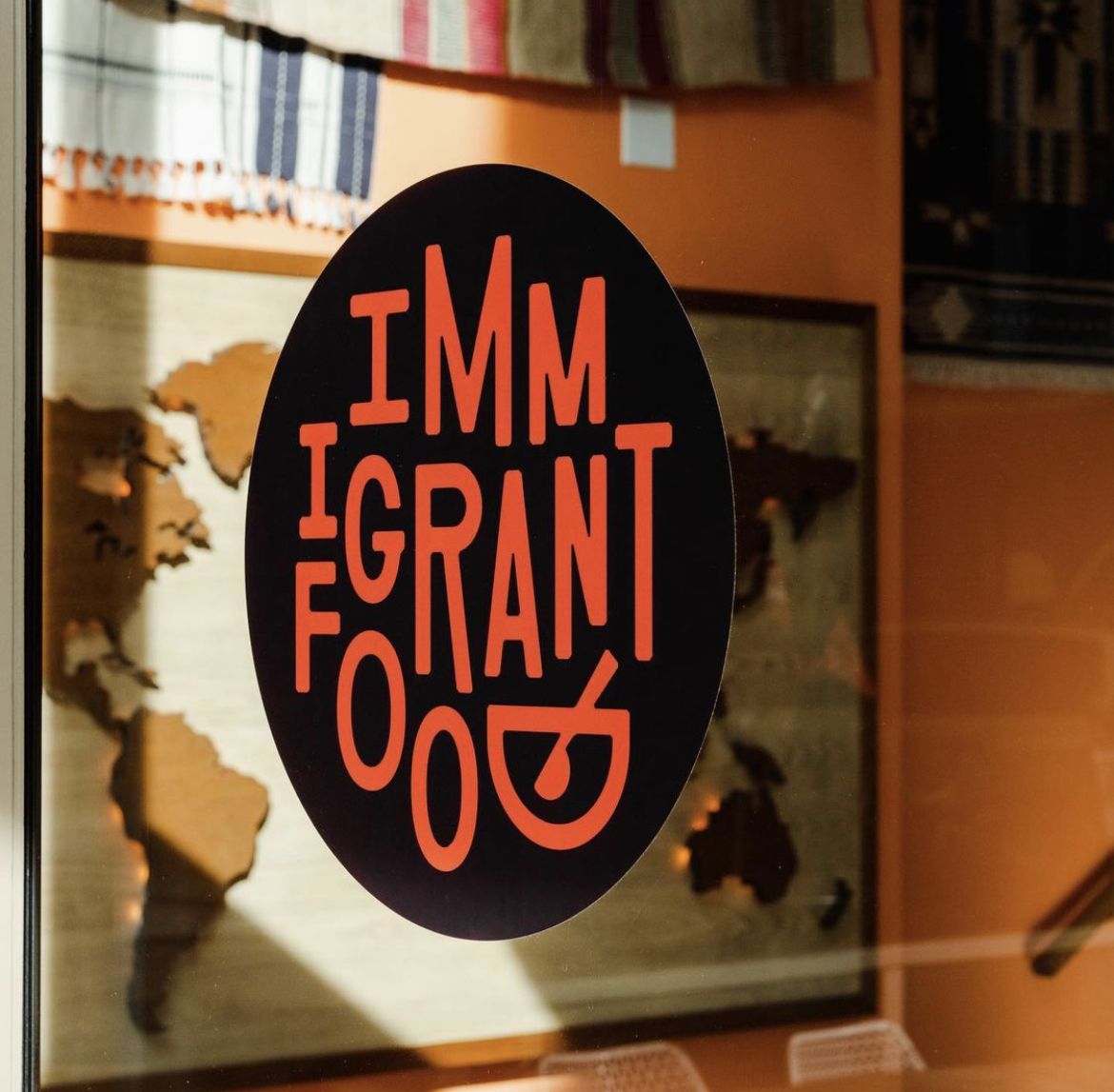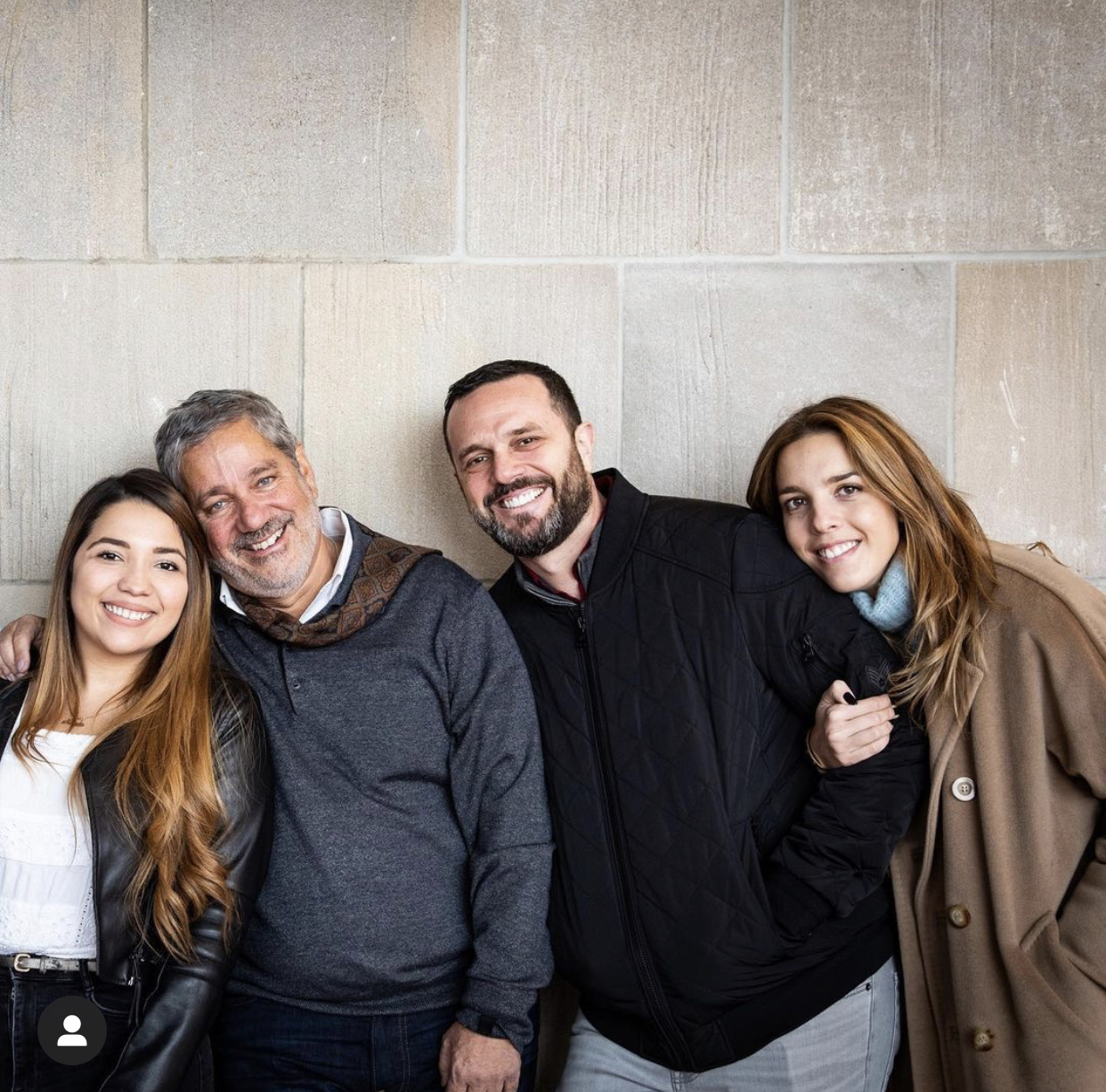D.C. inhabitants of and visitors to the nation’s capital both realize two things quickly.
First, if you have a problem with the policies of our national government, you shouldn’t feel shy about marching right up to the White House to express your views.
And second, once you’ve had your say, don’t expect to find anywhere good to eat nearby. The neighborhood around the People’s House is notorious for its lack of dining options.
A new restaurant project aims to provide a solution to the latter problem while inspiring a more informed political discussion about one of our most divisive issues. It’s called Immigrant Food. It’s so at odds with the current administration’s worldview that it’s sure to win a lot of customers among our city’s diverse (and politically conscious) citizenry.
Besides filling a culinary void in an area with a lot of hungry office workers and all-day foot traffic, the proximity to the White House makes it the ideal flagship shop for what its proprietors envision will eventually include outlets around the country.
“Needless to say, the location is also the perfect platform for advocating on behalf of the importance of immigrants and their critical role in America’s future,” says co-owner Ezequiel Vázquez-Ger.
Focusing on the role of immigrants in feeding this nation, while educating customers on how they can support causes and initiatives associated with immigration, is a key ingredient of what the team calls “gastro-advocacy.”
Immigrant Food is D.C.’s first cause-casual restaurant. We celebrate America’s story – the story of immigrants. Let’s unite at the table.


